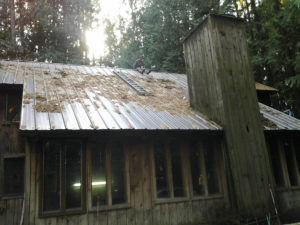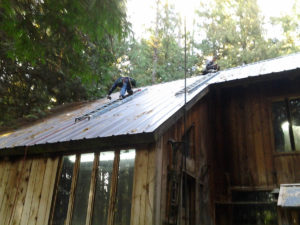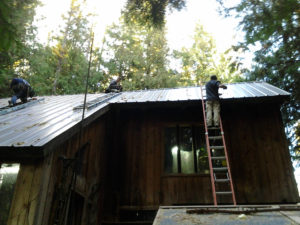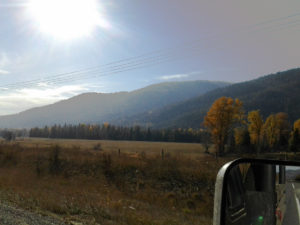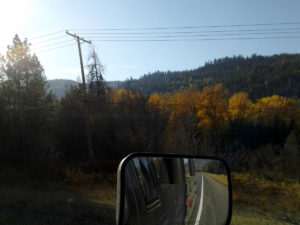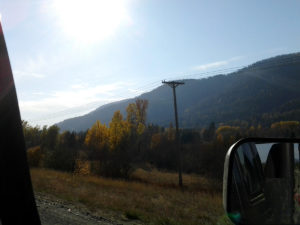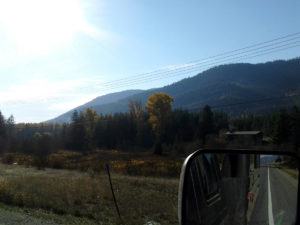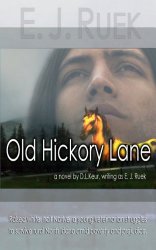In case you think I’m fooling with you, I thought I’d share the draft first chapter of one of the non-fiction books I’m working on. Here ya go. Tell me what you think over on my DLKeur Writing As page on Facebook.
WORKING TITLE: Writing Your Novel – The Very Best, Easiest, Fastest, Least Frustrating Way to Write Your Novel
I like books that get right to the point, so let’s, shall we?
I’m, by nature, a pantser, that is, I like to create organically, writing on inspiration driven by emotion, rather than pre-calculated structures. I like to let my characters lead the way through the crises presented to or perpetuated by them as churned by the story’s plot engine. It’s an exciting way to write …if you know what you’re doing and where you are going. It has surprises, elicits moments of pure genius, and, most of all, is sublimely fulfilling. There’s a ‘but’, though.
Organic novel writing, or pantsing (‘writing by the seat of your pants’), has its problems, namely left turns, right turns, U-turns, and, worst, winding up completely lost. These problems can leave the writer frustrated and discouraged, their manuscript unfinished and abandoned. There’s a reason for that, and there’s a way to avoid it.
A successful pantser, just like a plotter—a writer who calculates what happens next in a story based on their detailed outline and story mapping/plot mapping—should know a few things before plunging into the writing, namely:
- what their story is and what that story is about (two different things, though related),
- who the story is about, and
- where the story is going and will wind up (terminate).
You also should know the main conflict and pretty well understand how the plot will flow (the overall plot mechanism to be utilized). Most importantly, though, you must know your ending …usually. (Don’t you just love exceptions? We’re going to proceed without discussing those exceptions, though, because they so very rarely apply to such a very few writers.)
Further, you really should know your main character(s), their vulnerabilities and strengths.
What you don’t have to know is the how of where the story is going to go next and next and next as you write it through, not unless you’re a died-in-the-wool plotter. If you are a plotter, then, yes, you will need to know exactly or all but exactly where your story and its plot are going next and next and next through every moment of every scene.
My main complaint about plotting is that there’s absolutely no excitement or real joy in writing a novel via the plotting method. It’s pure labor. Once you’ve dryly outlined the whole of it, it’s a matter of padding it out so it holds reader interest. My brain goes cold and my eyes dry up doing that, so that method is absolutely not something I advocate for anyone who isn’t writing pot boilers for minimum wage income. And nothing really genius usually happens unless the character really takes it off script—those extreme left, right, or even U turns organic novelists regularly can experience, twists and turns that often lead to surprising, even brilliant results, but sometimes lead to complete disaster. Nice thing about disasters is that, as the creator, you can go back to the fork in the road that leads to it and try again, over and over, taking yet another pathway until you find the one that’s perfect. Of course, that means that writing without plotting can take regrettably longer to complete.
Disasters like this rarely happen to me, and there’s a very good reason. It’s called ‘know your story’.
For those of you who read my How to Write a Good Book in 17 Days, you’ve already seen a crash course that employs this technique. In this book, though, I’m going to elaborate on the process and start from inception and conception, then walk you through execution. Let’s begin.
Every Story has a Beginning that is the Result of a Previous Ending
Every story has a beginning, but that beginning is actually the result of an ending. You’ll often see me end a novel or short story with ‘The Beginning’ instead of ‘The End’. There’s a reason for that. Because the story’s culmination is actually the beginning of the next story. This is true of every cherished novel I’ve ever read, be it something by Mark Twain, Conrad Richter, Ursula Le Guinn, Kim Stanley Robinson, Greg Bear, Charles Todd, Prestin and Child, or any of the other many authors I enjoy reading, a list way too long to present unless you’re the kind of person who enjoys reading through the begats in the Bible’s Old Testament. If you check your own list of favorite novels and novelists, though, I think you, too, will find the same to be true of your favorite author’s novels.
The end of one novel can beget a new unwritten novel’s beginning. And therein lies a clue to effectively starting your novel….
END EXCERPT

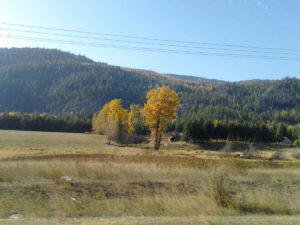 September and October are my favorite months. Yes, there’s November looming with its scramble to batten down the hatches, but September and October are those months where summer work is mostly done, and I can sit down and simply enjoy Earth. Sure, there’s a bit of cleanup and tidying yet to do, but, all in all, it’s time to wallow in the relative quiet of kids gone back to school, tourists gone home — a time to embrace the Gravy Days, as my mother used to call them.
September and October are my favorite months. Yes, there’s November looming with its scramble to batten down the hatches, but September and October are those months where summer work is mostly done, and I can sit down and simply enjoy Earth. Sure, there’s a bit of cleanup and tidying yet to do, but, all in all, it’s time to wallow in the relative quiet of kids gone back to school, tourists gone home — a time to embrace the Gravy Days, as my mother used to call them.